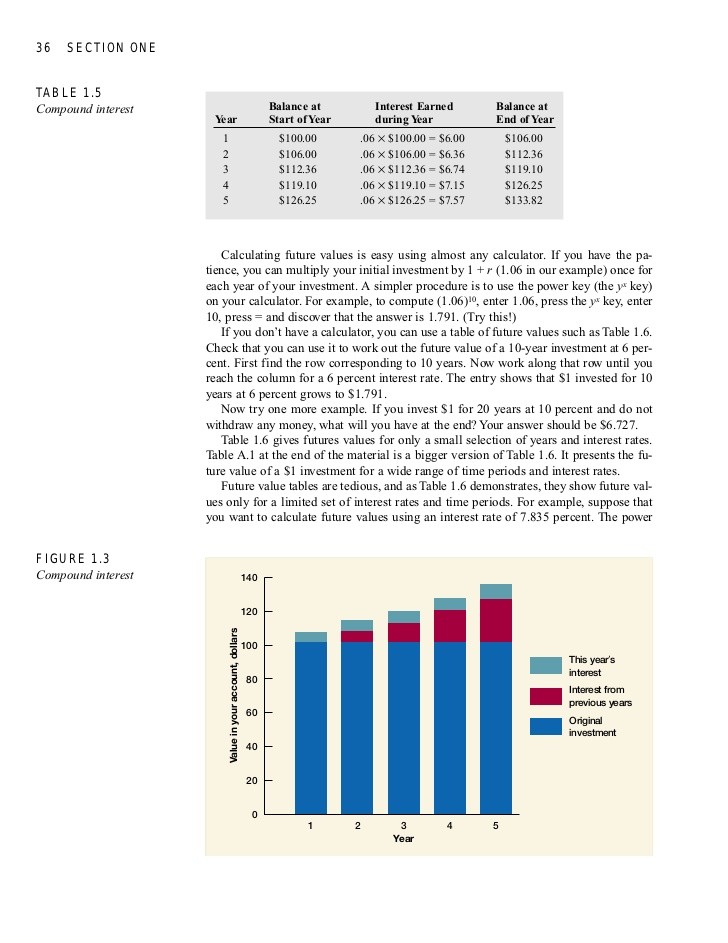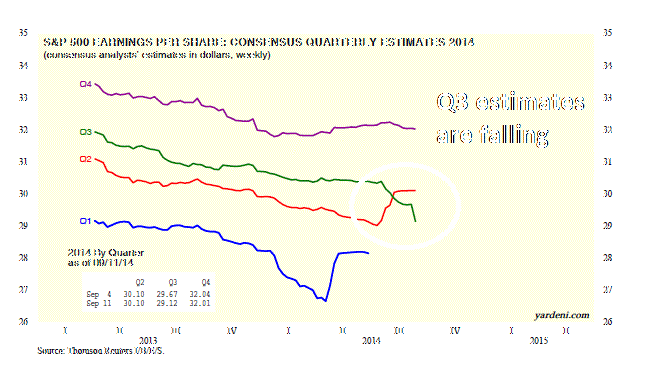Utility and Telecom Stocks May Be Vulnerable If Interest Rates Rise (T VZ ED more)
Post on: 1 Май, 2015 No Comment

Utility and Telecom Stocks May Be Vulnerable If Interest Rates Rise (T, VZ, ED, more)
It seems like the only thing on investors minds lately is the continued surge of the markets. Since the beginning of 2013, the S&P 500 is up around 9%. However, lost in all the news of the markets reaching near all-time highs is that stocks are relatively expensive; the S&P 500 was trading 15.25 times earnings on Friday, above its 50 day moving average. Looking closer, utility and telecom stocks were the most expensive in the index. If interest rates rise, the previous high yield appeal of these sectors may wane. At that point conservative investors may finally flock away from these sectors to a downside.
According to a report by Bespoke Investment Group, the utilities sector was trading 16 times its earnings on Friday while the telecom sector was trading 24 times earnings. These price-to-earnings ratio are extremely expensive compared to their historical averages as well as their current 50 day moving averages.
Utility and telecom stocks have traditionally been safe bets for dividend investors, especially during the financial crisis. Due to their steady cash flow from a relatively stable customer base and limited competition, they have been able to maintain substantial dividend payouts at a time when investors are searching high and low for a nice yield.
These industries utilize a large network of infrastructure, however. Because of this, the companies tend to borrow a lot of money in order to pay for the necessary upkeep in their infrastructures. This ultimately puts a strain on earnings which ends up squeezing the stock price; though these stocks pay out a high yield, they are not always the best growth stocks.
Due to these historic stock trends, a rise in interest rates could affect utility and telecom stocks on two fronts. First, if interest rates do indeed rise, then conservative investors may finally be ready to leave some positions in these higher yield companies and into bonds, CDs, or other less risky investments. This sell off would drive down the price of the shares, leaving many investors scratching their heads wondering how they missed the sell memo.
The second effect that rising interest rates will have on these sectors is that borrowing will become more expensive. Utilities and telecoms already have a heavy debt load due to infrastructure upkeep as well as pension liabilities; an expensive price of debt will squeeze profits even further. This will put a strain financial fundamentals even more so then they have already.
Looking ahead, the landscape in these sectors does not seem to be showing any signs of easing. Especially as deregulation and innovation continues, the previous operations of these sectors will not longer be adequate. The companies within these sectors will have to adapt in order to survive in the future. This uncertain outlook may mean investors preconceived notions of what these sectors bring in value no longer applies.
Now lets take a look at some specific companies within these industries that may be affected:
AT&T
AT&T, Inc. (T ) was a Recommended stock by Dividend.com. However, the telecom giants large pension liabilities and limited sales growth caused us to remove the stock from the recommended list. Moreover, if interest rates rise, this dividend aristocrat may be seen as old news to some investors causing the stock to plummet.
Currently, analysts are forecasting that AT&T will trade 14.52 times its earnings going forward. If the stock does indeed drop to that value, AT&T could be a possible play going forward after all.
Verizon
Like AT&T, telecom company Verizon Communications (VZ ) was once a Recommended stock here at Dividend.com. However, it was downgraded for many of the same reasons as AT&T.
When examining Verizons 157.04 price-to-earnings ratio, you may be startled by such a high figure. However, keep in mind that telecom and utilities companies can show unusually large P/E ratios because they operate with squeezed profits. Looking forward, analysts expect VZ to trade 17.26 times its future earnings.
Con Edison

Consolidated Edison (ED ). a utility provider in the New York City and West Chester County areas of New York, offers a nice dividend yield, but hovers around the expensive P/E threshold similar to its sector. Looking ahead, analysts do not see much change in Con Eds P/E ratio, estimating a 15.58 price to future earnings.
The Southern Company
The Southern Company (SO ) is a utility company that operates in Alabama, Georgia, Florida, and Mississippi. SO stock is currently expensive compared to the rest of its sectors and things do not seem to be much better going forward. Analysts predict that The Southern Companys P/E ratio will be 16.48 for the fiscal year. Like the rest of these stocks, investors may finally realize the expensive value of the shares and decide to head to the sidelines for this position.
Duke Energy
The Charlotte, North Carolina-based Duke Energy Corporation (DUK ) has an expensive price-to-earnings ratio relative to its sector. Analysts project that the company will see a P/E ratio of 16.08 going forward. This ratio plus an average earnings estimate of $4.33 per share in 2013, suggests that the stock may not see much growth in the year. Investors would be better off seeking other positions.
The Bottom Line
Now, the recent rally has had some influence in the unusually expensive nature of utilities and telecom stock prices as of now. However, this does not wipe away some of the potentially grim realities facing investors with positions in stocks within the sectors. But do not be overly alarmed; this analysis does not mean that these plays have no benefit as they will continue to pay out substantial dividends. But, as the current environment continues to change, overexposure to these sectors could mean you are missing out on other assets where growth and yield will bring you even greater returns.
Be sure to visit our complete recommended list of the Best Dividend Stocks . as well as a detailed explanation of our ratings system here .














